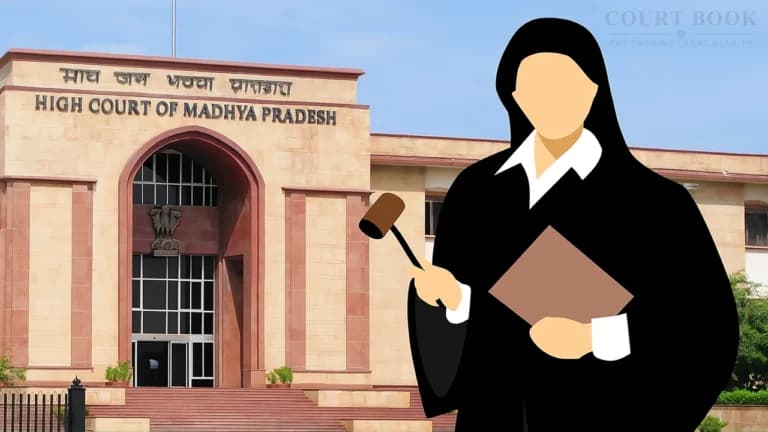Aditi Kumar Sharma, a Civil Judge from Madhya Pradesh, has rejoined judicial service after temporarily stepping down over allegations of harassment against a senior officer. She had earlier tendered her resignation as a "statement of protest,"expressing deep concern over institutional lapses.
Background of the Controversy
Judge Sharma had resigned in late July after District Judge Rajesh Kumar Gupta, whom she accused of harassment, was elevated to the Madhya Pradesh High Court.
Read also:- Supreme Court Acquits Neelam Kumari in Infant Murder Case, Cites Weak Evidence and Lack of Motive
Her resignation followed the Centre's approval of Gupta’s appointment on July 28, with him taking oath as a High Court judge on July 30. Before resigning, Sharma had approached the President of India and the Supreme Court Collegium, arguing that unresolved allegations should prevent any elevation. Reports also indicate that two other judicial officers had raised concerns about Gupta's conduct.
Committee Intervention and Assurance
Following her resignation, the Chief Justice of Madhya Pradesh High Court formed a two-member internal committee on August 11 to review Sharma’s grievance. The committee encouraged her to reconsider leaving service and assured that her complaints would be handled,
"in a dignified manner and in accordance with law."
The judge's right to pursue administrative or judicial remedies remained intact.
Accepting the committee's guidance, Sharma returned to her role as Civil Judge (Junior Division) on August 20. Reflecting on her earlier step, she had written in her resignation letter,
"With every ounce of my moral strength and emotional exhaustion, I hereby resign not because I lost faith in justice, but because justice lost its way inside the very institution sworn to protect it."
Her rejoining marks a resolution to a tense episode highlighting internal judicial accountability.















